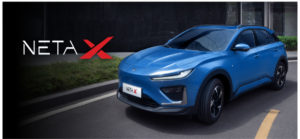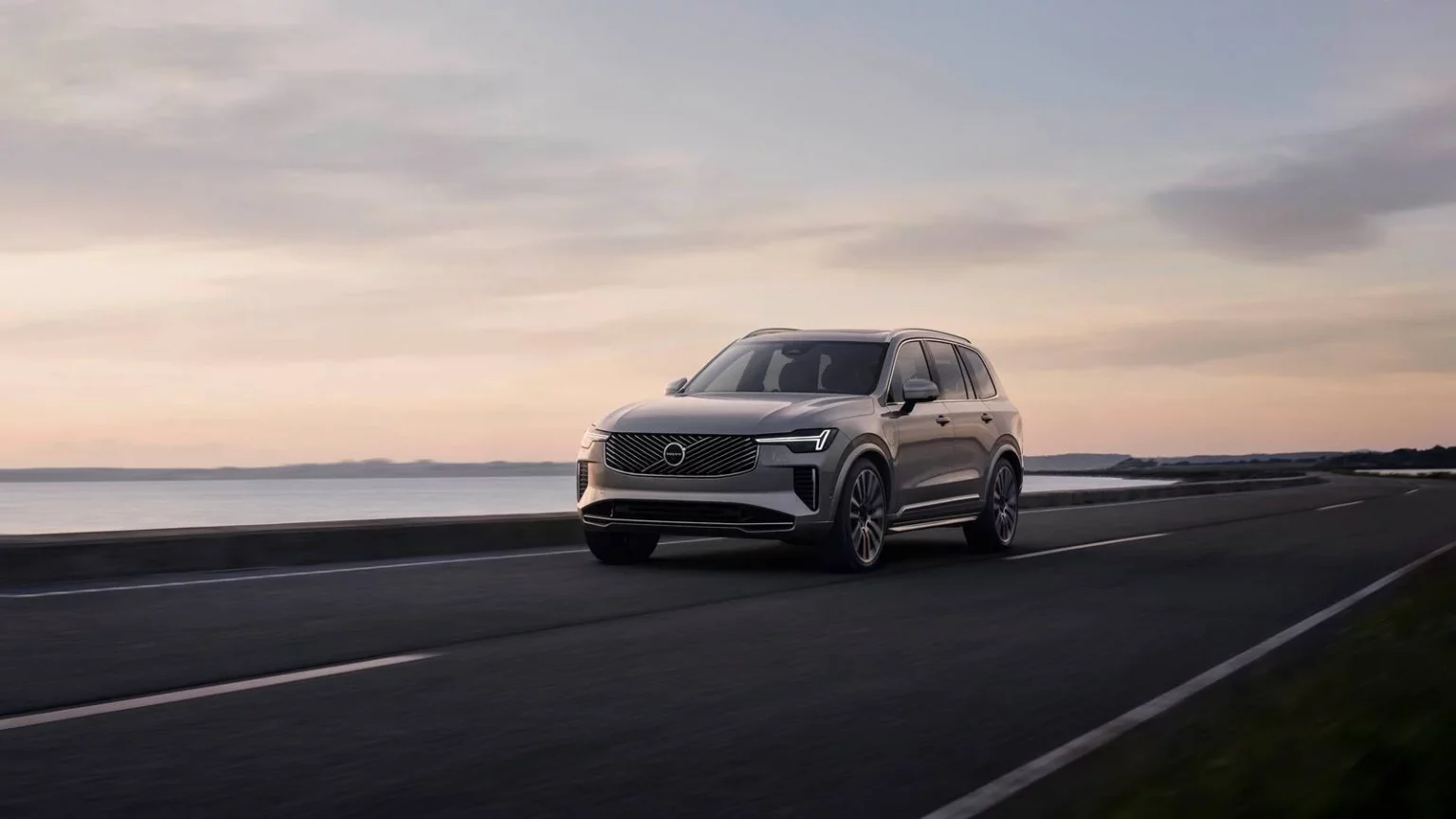Otodiva – Market electric car globally experienced a decline in performance, for both fully electric and plug-in hybrid vehicles (PHEV). This condition forces leading car manufacturers to change their strategy regarding electric cars. Although it is hoped that it will continue to increase, Sales of electric cars are not as fast as expected.
According to data from market research firm Rho Motion, Global electric car sales only rose by approx 20% in the first half of the year 2024. Although there is growth, This figure is still lower than initial projections. In Europe, growth even just reached 1% in the same period. This indicates the challenges faced by the automotive industry in expanding the electric car market.
Challenges in the European Market and Hybrid Growth
Especially in Europe, Electric car sales face considerable obstacles. Nevertheless, Hybrid car sales show an increase. Hybrid cars are considered a temporary solution before the market completely switches to fully electric vehicles. Mobil hybrid, with a combination of petrol and electric engines, giving consumers more flexible choices amidst the transition to fully electric cars.
Several major manufacturers, like Toyota, Volvo, and Ford, recently revised their expectations regarding electric cars. Below are some of the changes made by these manufacturers:
Toyota: Electric Car Production Target Reduced
As the largest car manufacturer in the world, Toyota is one of those affected by the sluggish electric car market. At first, Toyota plans to produce 1,5 million electric cars per year in 2026. However, The target was later revised to: 1 million units, as reported by the Nikkei business daily on 6 September 2024.
Nevertheless, Toyota emphasized that this revision does not mean they are reducing their commitment to electric vehicles. In his statement, The company said the figures are more of a benchmark for shareholders, not an absolute target that must be achieved. Toyota is still targeting production 3,5 million electric cars per year in 2030.
Volvo: Fully Electric Car Target Revisited
Volvo, Swedish car manufacturer, also carried out a review of its targets. On 4 September 2024, Volvo announced that it will continue to offer some hybrid models on 2030, even though it previously planned to switch completely to electric cars.
it, Volvo targets that between 90-100% cars they sold in 2030 will be a pure electric car or a plug-in hybrid. Meanwhile, 10% others are projected to be mild hybrids, which still uses an internal combustion engine.
Volkswagen: Fixed Target, But beware of demand
Volkswagen, Europe's largest car manufacturer by sales, so far it has not changed its target for 2030. The company remains committed to achieving 70% sales of electric cars in Europe and 50% in the United States and China markets.
However, Volkswagen is also aware of the challenges facing the market. In August 2024, Volkswagen Group Chief Technology Officer stated that plans to build their battery factory still depend on demand for electric vehicles. This shows that although the target has not changed, Volkswagen remains alert to market developments.
Ford: Switch to Hybrid
Ford, one of the largest car manufacturers in the United States, also lowered its ambitions regarding electric cars. In August 2024, Ford announced that it will reduce the share of annual capital spending on pure electric vehicles to approx 30%, down from the previous target achieved 40%.
The company is increasingly focusing on developing hybrid vehicles, given the increasing demand for this technology. Besides that, Ford also halted production plans for an electric SUV and delayed the launch of a new electric version of its best-selling pickup truck. This step shows that Ford sees hybrids as a more realistic solution amidst the uncertain demand for electric cars.
The sluggish global electric car market has forced car manufacturers to rethink their strategies. Although electric vehicle technology is still considered the future of the automotive industry, Car manufacturers are now more careful in setting targets. The transition to electric cars is likely to take longer than expected, and hybrid will still play an important role in this transition.
In this challenging situation, Car manufacturers are trying to balance innovation and market demand. Changes in targets made by Toyota, Volvo, Volkswagen, and Ford are a reflection of the current dynamics of the electric car market, where flexibility and adaptation are the keys to remaining competitive in the global marketplace.







